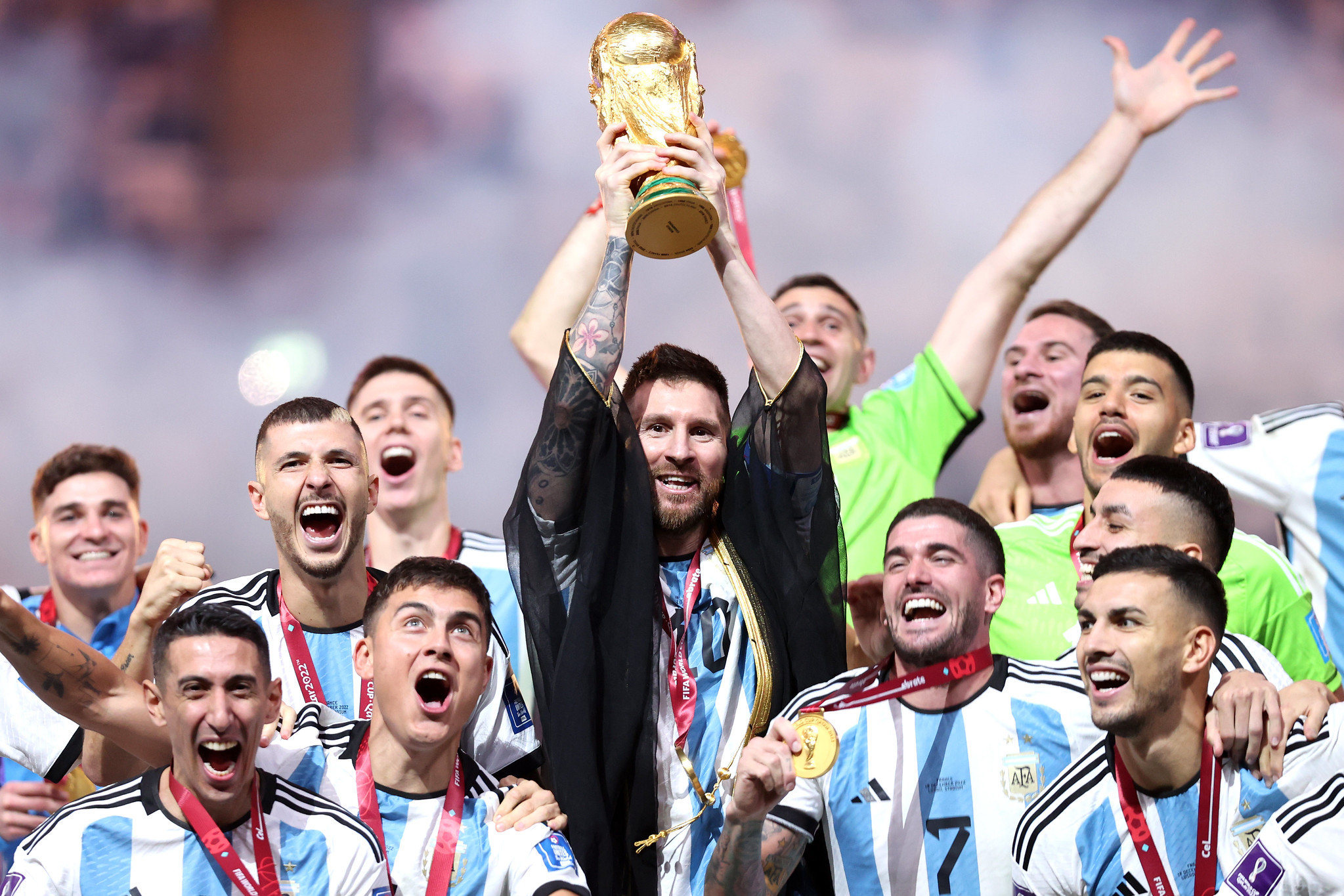From Iran’s rising conflict with the U.S. to FIFA bans and travel restrictions, five nations face heartbreak ahead of football’s biggest tournament in North America.
The 2026 FIFA World Cup was meant to be a global celebration—a historic expansion to 48 teams hosted jointly by the United States, Canada, and Mexico. But with just under a year until the opening match, the tournament risks becoming a battleground of geopolitics, administrative chaos, and international isolation.
Several national teams that should be preparing to shine on the world’s biggest stage now face the crushing possibility of exclusion. For some, the reason is war. For others, it’s FIFA sanctions or diplomatic fallout. Here are five countries whose World Cup dreams hang in the balance:
1. Iran: From Qualifying Glory to Political Uncertainty
Iran’s national team, Team Melli, became the sixth team globally to qualify for the tournament, topping AFC Group A ahead of Uzbekistan, the UAE, and Qatar. But amid growing tensions between Iran and the U.S.—especially under President Trump’s renewed administration—Iran’s future at the World Cup is in doubt.
The situation escalated dramatically after the U.S. launched bombing raids on Iranian nuclear sites. With the two countries now effectively at war, the idea of the Iranian team being allowed to enter the United States, or even play on North American soil, looks increasingly unlikely.
Even if Iran is not officially banned, Trump has already reinstated travel restrictions that prevent Iranian fans from entering the country. Millions who’ve waited years for this moment may have to watch from home—assuming their team can participate at all.
2. Russia: A Footballing Giant Left in the Cold
Russia, once a proud host of the 2018 World Cup, continues to be exiled from international football following its 2022 invasion of Ukraine. FIFA and UEFA jointly suspended Russia’s national teams and clubs from all competitions—a ban that remains firmly in place.
While Trump has floated the idea of using World Cup participation as leverage to encourage Russia toward peace, FIFA has shown no signs of reversing course. As things stand, Russia will not feature at the 2026 tournament, leaving one of football’s traditional powers on the sidelines once again.
3. Congo Republic: Administrative Collapse Ends Their Dreams
The Republic of the Congo has never qualified for a World Cup, and that drought will continue in 2026—not due to lack of talent, but because of FIFA suspension.
FIFA banned the country’s football federation (FECOFOOT) over third-party interference in football affairs, a direct violation of FIFA’s governance rules. Despite having promising players across European clubs, Congo now finds itself out of the qualifiers. Unless FECOFOOT regains autonomy soon, it’s game over.
4. Pakistan: Caught Between FIFA and Geopolitics
Pakistan’s troubled relationship with FIFA continues to haunt its footballing future. The Pakistan Football Federation (PFF) was suspended early in 2025 for failing to implement constitutional reforms. While the suspension was lifted in March, Pakistan remains on thin ice.
Worsening matters, Pakistan’s government recently condemned U.S. military actions in Iran just after nominating Trump for the Nobel Peace Prize—an awkward and potentially costly contradiction. With both FIFA and the U.S. government wary, Pakistan faces a double risk of sporting and diplomatic exclusion.
5. Trump’s Travel Ban: A Threat to Global Football
Perhaps the biggest wildcard is the host nation itself. Trump’s new immigration policies feature a three-tiered system of restrictions. Countries like Iran, Venezuela, Sudan, Cameroon, Cape Verde, DR Congo, and Burkina Faso fall under red or orange categories—meaning travel could be banned or heavily restricted.
For these countries, even qualifying might not guarantee full participation. Fans may be barred from traveling, and visa issues could affect players, staff, and journalists. The idea of a truly global tournament could be undermined by a lack of access for entire populations.
The Bigger Picture: What Is FIFA’s Role?
FIFA President Gianni Infantino now faces the toughest challenge of his career: preserving the integrity of the World Cup while navigating the political and moral quagmires tied to its hosts.
History shows FIFA doesn’t shy away from sanctions—Yugoslavia was banned in 1994 due to the Balkan conflict, and apartheid-era South Africa was excluded until 1992. But this current situation may be even more complex, spanning wars, internal governance issues, and immigration policy across multiple continents.
Conclusion: A Divided World Cup?
The 2026 World Cup should be football’s grandest celebration yet. Instead, it’s a test of how far politics can interfere with sport. Can FIFA ensure that the “World” Cup stays true to its name—or will it reflect the fractures of our modern world?







